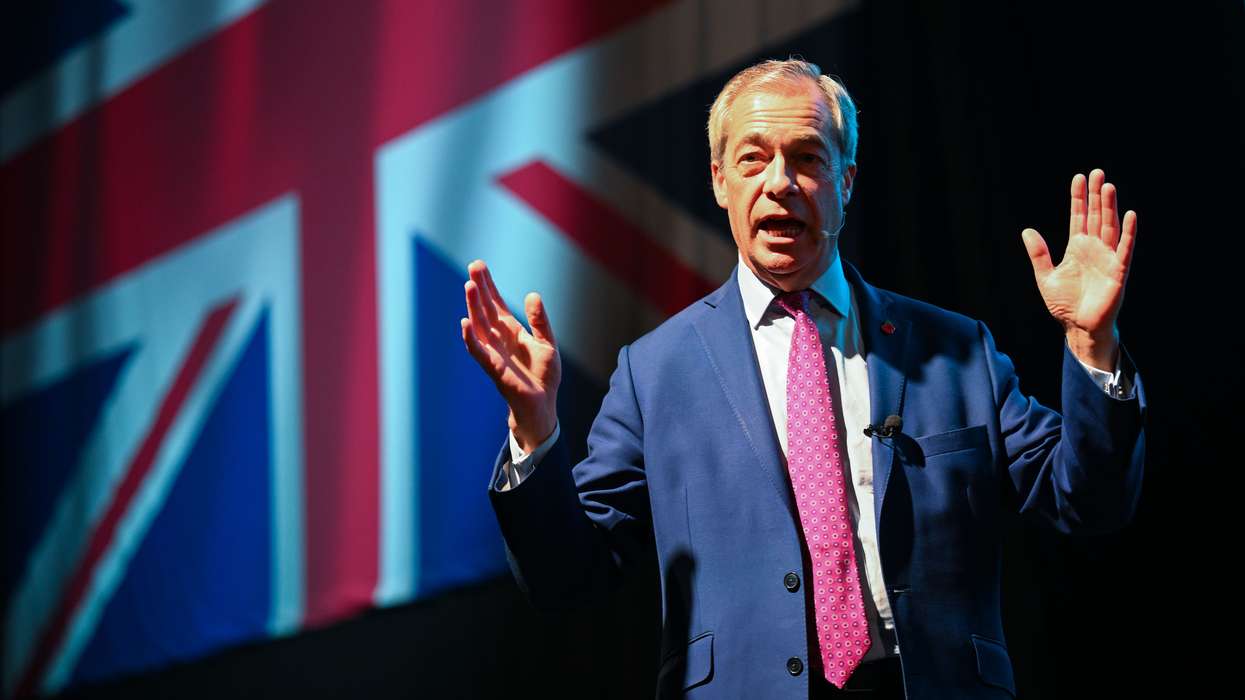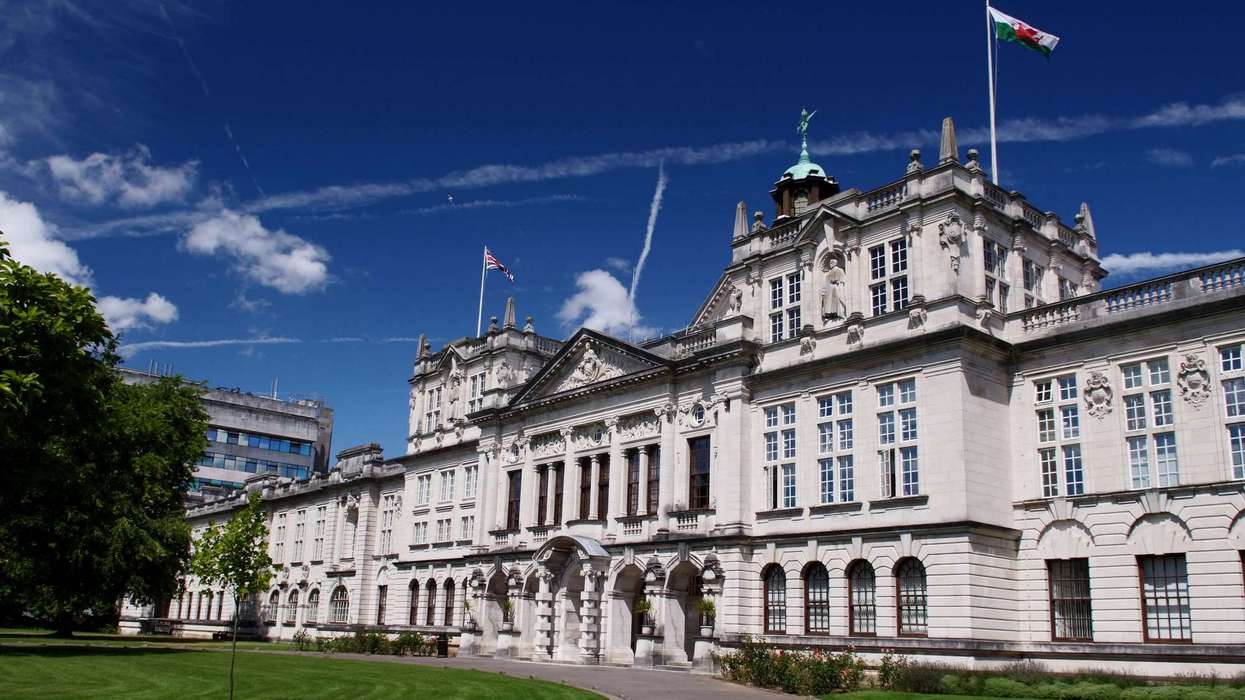China’s credit-fueled economic strategy has been branded as dangerous by the International Monetary Fund in a strongly-worded statement warning that its approach risks financial turmoil.
The IMF used its annual health check on the world’s second biggest economy to stress that faster expansion in 2017 was coming at the cost of a jump in private sector debt and an increasing use of complex financial instruments.
While the IMF increased its forecast for Chinese expansion in 2017 from 6.2% to 6.7%, it stressed that this was the result of the authorities in Beijing putting a higher priority on hitting a growth target than on the quality of the economic output.
The Chinese government has pledged to double the size of the economy between 2010 and 2020 and has been prepared to see non-financial sector debt rise rapidly in order to achieve its aim. Total debt has quadrupled since the financial crisis to stand at $28tn (£22tn) at the end of last year.
The IMF said debt as a proportion of gross domestic product would rise from 235% to almost 300% by 2022. Previously, the Washington-based IMF – which publishes annual reports on its member countries – had said debt would peak at 270% of GDP.
“International experience suggests that China’s credit growth is on a dangerous trajectory, with increasing risks of a disruptive adjustment and/or a marked growth slowdown,” the IMF said.
With many of the advanced economies of the west struggling in the years since the financial crisis of 2007-09, China has acted as the growth engine of the global economy, accounting for more than half the increase in world GDP in recent years.
But the IMF expressed concern at the methods used to keep the economy expanding rapidly – an increase in government spending to fund infrastructure programmes and a willingness to allow state-controlled banks to lend more for speculative property developments. It said the buildup of public and private debt would limit the ability of Beijing to act in the event of a financial crisis.
In its report, the IMF noted that debt was becoming less effective as a means of stimulating activity, noting that China needed three times as much credit in 2016 to achieve the same amount of growth as in 2008.
“Since 2008, private sector debt relative to GDP has risen by 80 percentage points to about 175% – such large increases have internationally been associated with sharp growth slowdowns and often financial crises”, the IMF said. It added that growth in the five years between 2012 and 2016 would have averaged 5.5% rather than 7.25% had credit growth been kept to a sustainable rate.
The fund said it now expected China to expand at an average rate of 6.4% over the next three years.
“The near-term growth outlook has firmed but at the cost of higher medium-term risks. Policy support, recovering external demand, and reform progress have helped keep growth strong. Amid strong momentum and an expectation that the authorities will do what it takes to achieve their medium-term growth target, staff have increased their medium-term baseline growth projections,” the IMF said.
“However, risks around this baseline have also increased. The main cost of this stronger growth outlook is further large increases in public and private debt. Such large increases have internationally been associated with sharp growth slowdowns and often financial crises. Staff thus recommends replacing precise numerical growth targets with a commitment to reforms that deliver the fastest sustainable growth path.”
The IMF also highlighted its worries about the rapid growth of China’s banking sector, now one of the largest in the world.
“China now has one of the largest banking sectors in the world. At 310% GDP, China’s banking sector is above the advanced economy average and nearly three times the emerging market average.
“The sharp growth in recent years reflects both a rise in credit to the real economy and intra-financial sector claims. The increase in size, complexity and interconnectedness of these exposures have resulted in sharply rising risks.”
Beijing rejected the IMF’s criticisms, saying that the stronger growth outlook for 2017 was the result of a rebalancing of the economy and the government’s reform programme rather than a reliance on debt.



